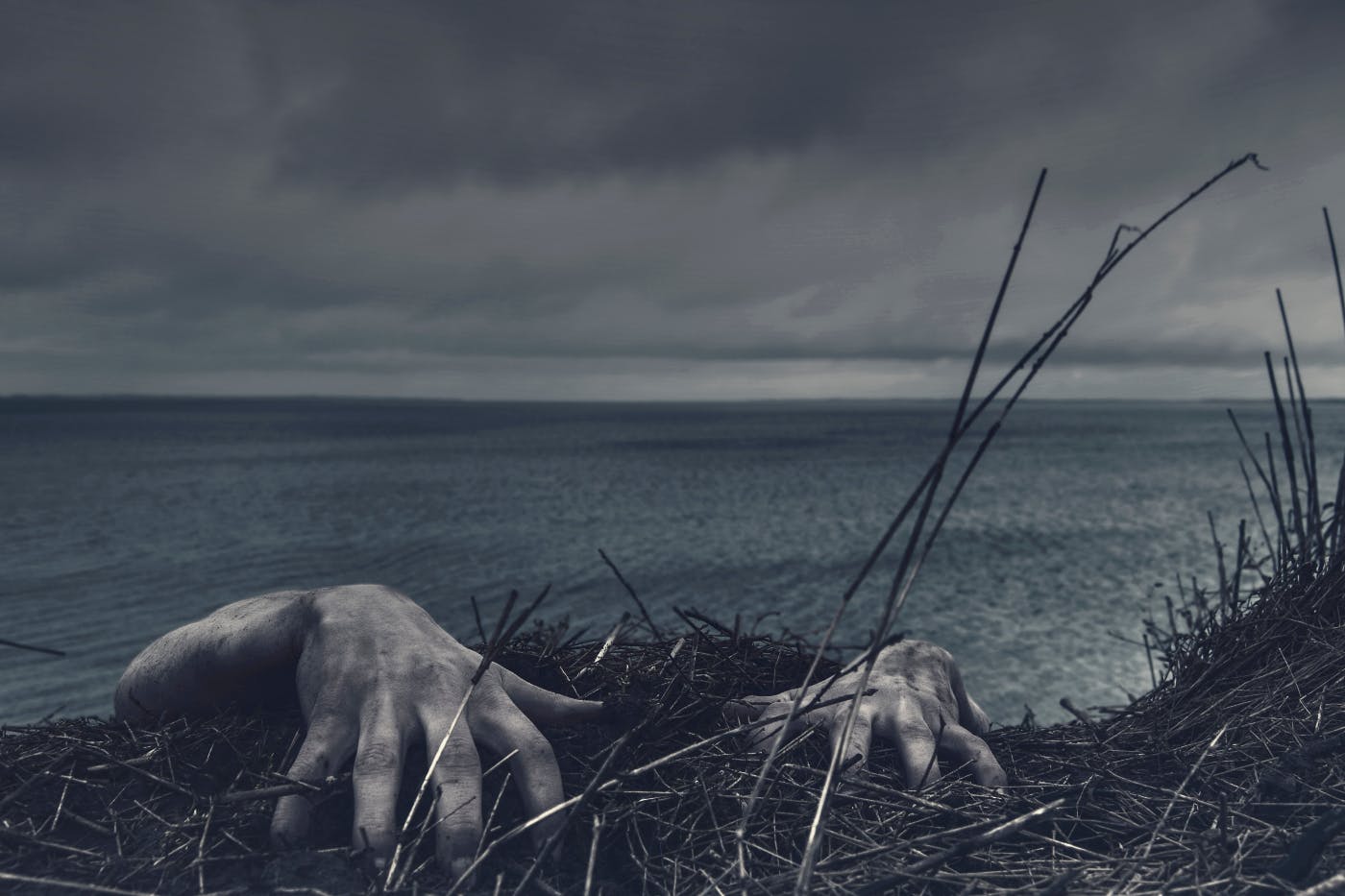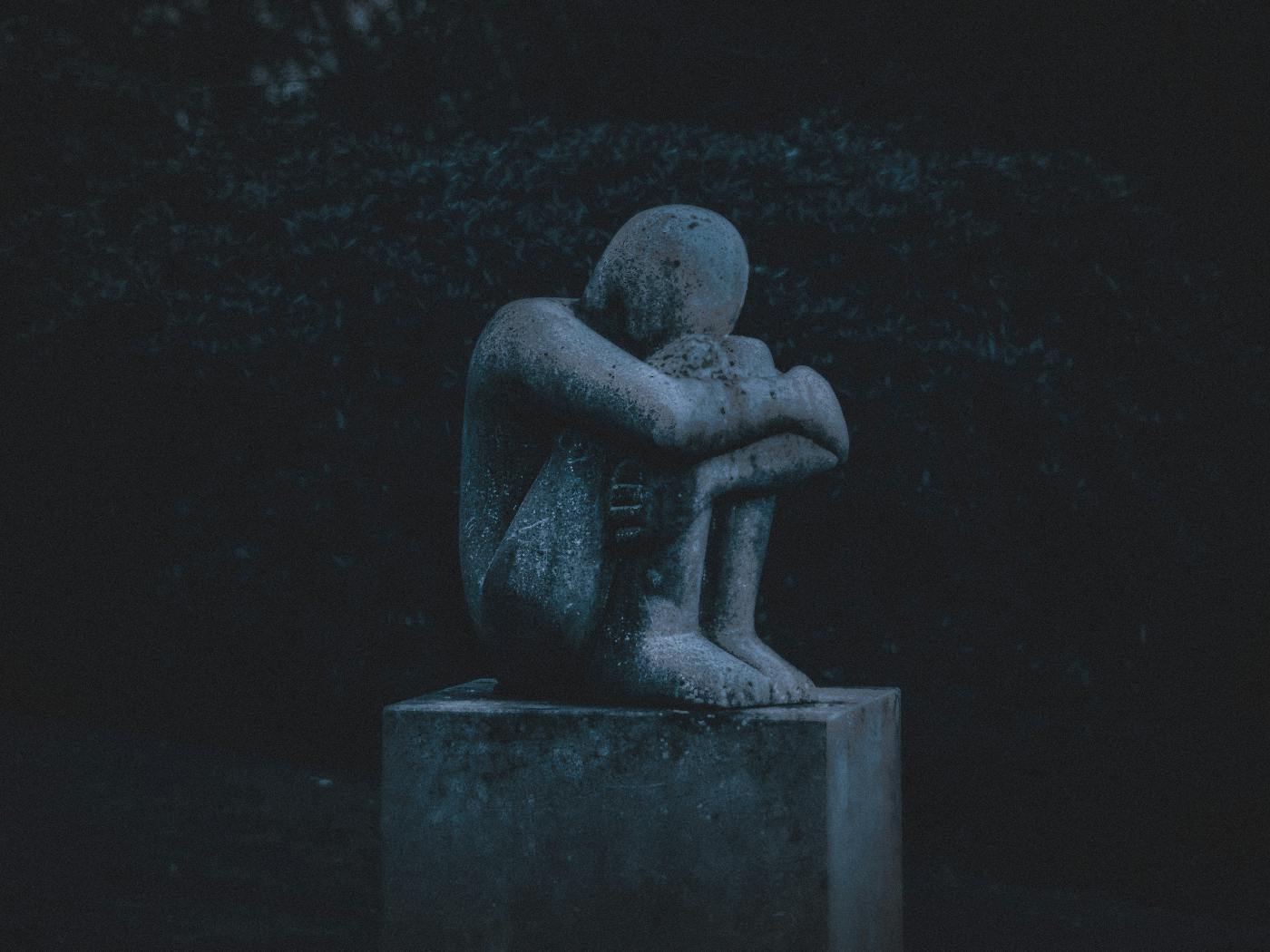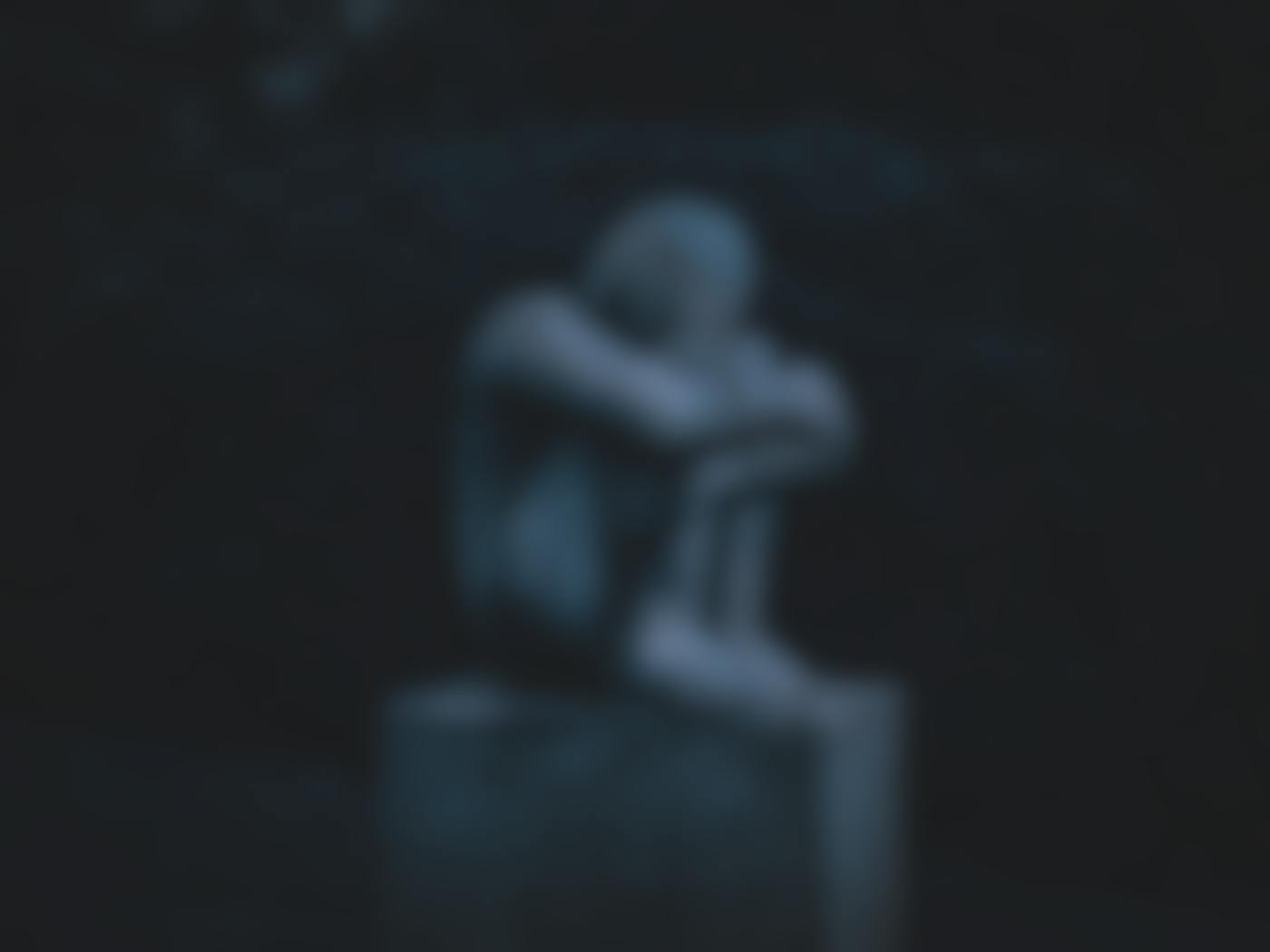
Despite the need and the value of creative people and what they give us, there is a lot of pushback when it comes to people trying to make a living being their creative selves.
Movies, plays, musicals, songs, marketing, and advertising are just s few things in this world that make a lot of money for some people. Every time you see a commercial or hear an ad on the radio, every store flyer you pick up, and every website you shop on, there is a commonality. This common chord has been joining us for centuries. What is it?
Creativity.
As a society, we survive and thrive on creativity, again, movies, books, commercials, and the rest. We come in contact with the fruits of creativity all the time, and any society that does not appreciate and understand where the arts fit in is bound to fail. Societies that do not fully embrace, foster, and celebrate creativity are societies lacking in soul. And that matters.
Despite the need and the value of creative people and what they give us, there is a lot of pushback when it comes to people trying to make a living being their creative selves. This impediment can cause creatives to shut down or experience creative guilt.
Get a “Real” Job
If you’re a creative, working a creative job, how often have you heard these types of things:
- When are you going to settle down and get a real job?
- It must be nice just to have fun all day.
- But how can you support a (wife), (Husband), or (Family) playing around all the time?
- Isn’t it time to grow up?
- I mean, as a side hustle, sure, but it’s not a real job.
Again, as a society, we love the fruits of the creative labor, movies, books, etc., but the process that goes into those creative acts certainly needs to be more valued and even marginally understood. A lot of people don't even think that creating deserves much pay or any pay at all. Because to them being accretive is not a real job.
What is this “real” job so many creatives are admonished to find? Society defines a real job as one that is salaried, has regular hours, employment rights; (sick leave, vacation pay, etc.), and is a permanent, not a part-time position.
There’s also a somewhat intangible side. A real job, for most, is something you can point at; I work in that office and name what you do; I calculate the amount of money a person will make before they die and then formulate the chart that tells them when they will die and how much money they need to give us before we allow them to die. And the number of years you have til retirement; I have been working there for 18 years and just 300 more years, and I can retire with a gold watch and whatever free time I have left on this planet.
The office, the schedule, the dress code, the vacation time, all of those things, for some reason, make people think that what you're doing is a ‘real” job. Why? That’s the intangible side. The requirements for a “real” job don't seem to be uniform from person to person, What everyone seems to agree on is you can like your job. Still, you cannot love it, and you must be working towards not working any longer.
For most creatives, retirement isn't in the cards, and we want to do what we do and love to do until we drop if possible. That seems wrong to people. It cannot be a real job if you love it that much and want to do it forever.
Understanding the Risk
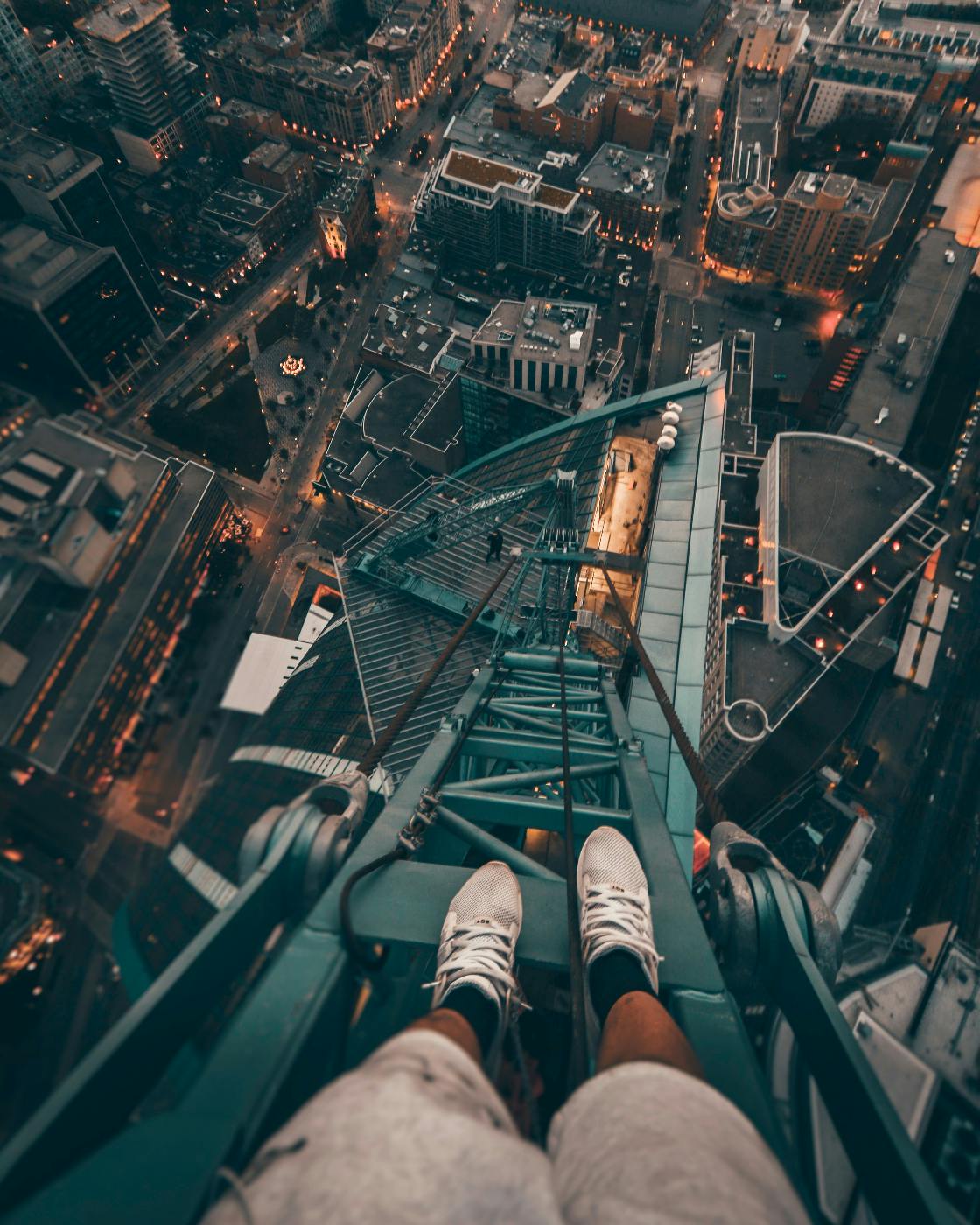
Being a creative isn’t a real job to some, and yet corporations spend countless thousands of dollars per year having experts come into the workplace and teach their people how to release their creative impulses.
One of the things that non-creatives need to pay attention to is the risk it takes to create and be creative. It’s right there, the questions about supporting a family, judging creative work as not a real job, and seeing it as fun and easy.
With all those preconceived notions about creativity, it is no surprise that to create to attempt to be creative for a living comes with risk. Creatives know this risk; they embrace it and know that nothing genuinely creative happens without risk. True creativity is grounded in risk, and that takes a great deal of courage.
But the risk is ignored. The courage is ignored. The drive, passion, and determination are all ignored, and the creative is seen as lazy, lucky, strange, stupid, out of touch, or even a criminal, depending on which family member you talk to.
All of this comes together and causes a lot of creative people to experience creative guilt.
What is Creative Guilt
With terms like “real job” and the other myriad questions and insults that a creative person deals with daily, it makes sense that they might succumb to creative guilt.
Creative guilt is what a creative person feels when they allow outside voices in. These voices mainly shout you need to make money to be legit. So, you're a failure if you’re not raking in the bucks. This is such a deadly mindset for a creative. It stops their flow, drive, and connection to their creative mind and forces them to be rational, respectable, and of course, real.
When those voices and those thoughts get in, the creative experiences creative guilt. That guilt comes in many forms.
- I should be working harder
- I shouldn’t be wasting my time
- I need to find a focus for my life
- I cannot just sit and write, paint, craft, woodwork, etc., all day; that’s selfish
Ask any creative person, and their creative guilt will have a lot of voices and a lot of demands. All the voices and demands can make the creative person feel guilty about pursuing a creative life.
At the base of this guilt are a few misconceptions, and the creative person needs to recognize these for the fallacies they are.
Your creativity needs to earn an income
Many creatives feel guilty because they take time to pursue their passion even when it doesn't earn an income. But that’s not the point of creativity. You can be a painter even if you never sell a painting. You can be a writer because you write, not because you sell books.
The time you’re putting into your creative endeavor makes you a better person, a happier person, more aware, compassionate, understanding, open, and human. There is no wasted time just because you’re not chasing the all-mighty dollar.
Taking time to do this is selfish
People who don't get that a painting doesn't spring from the artist’s head full born. That a book or essay doesn't just fall to the page. The time to think, chase inspiration and process the work are all vital steps in the creation process. Just because there isn’t a flurry of activity doesn’t mean something isn’t being done.
Without understanding, of course, people will say, couldn’t you be using this time better? You should be doing housework, laundry, mow the lawn instead of just sitting around doing nothing. But the creative person knows they aren’t doing nothing; they understand the process.
You’re neither selfish nor are you wasting time. You’re creating, and that is a personal journey that no one has the right to judge.
You should turn this into a real job
Again the vague reference to a real job, but also slyly demanding that if you’re going to do something that takes time and energy, it’s not worthwhile unless you’re making money off it.
You cannot paint, write, dance, act, or whatever it is you’re passionate about unless it has remunerative value.
Here’s the kicker, Say you do paint for fun, and then you’re recognized, your gift biomes popular, and you have work in a gallery, and there are prints and T-shirts. Well, now you’re satisfying the make-money folks, but now, you’re a sell-out.
Protecting Yourself from Creative Guilt
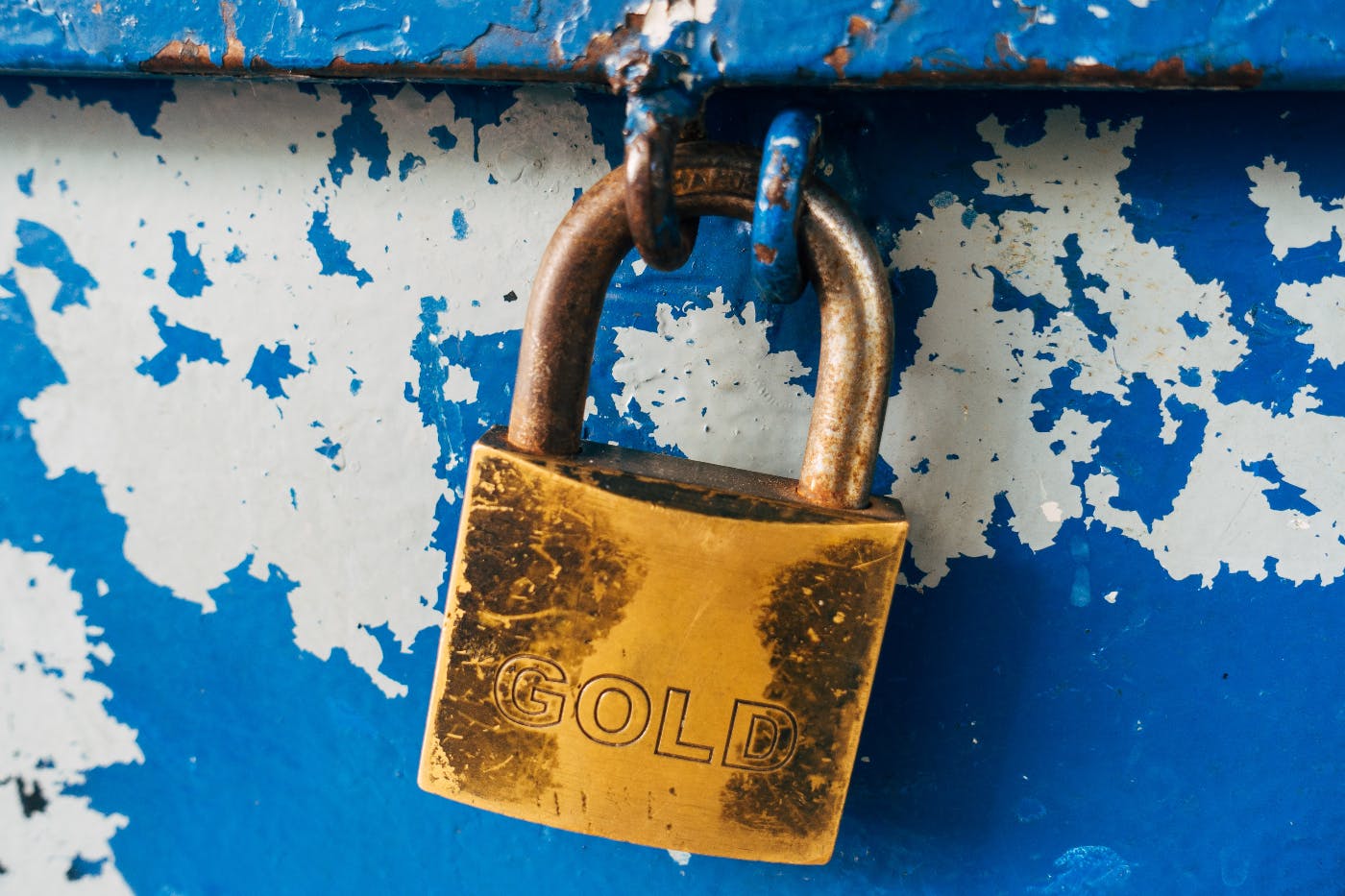
There is good news here; you can get over creative guilt. There is also bad news here, the dark gluey bile that sits beneath the surface and screams “real job” at you will always be there.
The only way to change that is to change American society. That means you have to convince the country that arts are real and useful and that you’re a legit creative even if you’re not making 20 million per film or your artwork is on calendars in every shop in the mall.
So, here are a few tricks you’ll have to play on yourself to expel the guilt.
Share your thoughts and feeling with other creatives.
It helps when you don't feel completely alone. When you express a feeling or a situation to someone, and they say, oh, yes, I feel that way too. There is relief and a connection. That helps you feel less alone and less like some kind of outcast. When others feel the same way we do, it quells the guilt.
Read About Those in Your Field
Reading biographies or essays by people you admire in your field can open your eyes. Suddenly you see what great artists and super creatives went through or are going through what you are, makes you feel more connected to your creative passion and less like a person alone in a dark field. Connection is understanding, and that certainly chases the guilt away.
Write it Out
If all else fails, sit down and put what you’re experiencing on paper. Get it out of your head and into the open, so you can examine it fully. Once you do this, you’ll see that most of the guilt you’re experiencing is pointless and ruining your creative drive.
You’re Human
Creative or not, you are human, and that means you’re going to be susceptible to guilt. It’s just part of the human gene structure; guilt is in there somewhere.
The trick is not to get into a cycle of feeling guilty because of your creative pursuits and not to feel guilty because you're feeling guilty. That is just a sneaky way of not creating anymore.
Take that guilt and channel it into your creativity and see where that leads you. No matter where understand that you never need to feel guilty because you’re creative and you devote your time to pursuing that. People will judge you, but don’t judge yourself; you’re already doing something most people are terrified to do, you’re risking, and that is worth more than gold, silver, and kool-aide.
Leave the nay-sayers and the guilt behind and create!
